IndiGo recently faced a bomb threat that shook the aviation and tourism sectors across India. The incident occurred on a flight from Chandigarh to Mumbai, sparking immediate responses from security teams. Although the threat turned out to be false, the event exposed vulnerabilities in aviation safety during tense geopolitical times.
Currently, India is navigating growing military tensions with Pakistan, which led to airspace closures for Indian carriers. Consequently, IndiGo and other airlines had to reroute flights, which raised operational costs and delayed schedules. These disruptions impact travelers who rely on timely, affordable flights. Moreover, they weaken confidence in air travel’s reliability.
Despite the hoax, the response demonstrated IndiGo’s preparedness and strict security measures. However, the event also underlined how even false threats can ripple across the tourism economy. Tourism depends on smooth, affordable travel. As a result, any disruption affects tourist arrivals and revenue generation.
Since airlines act as key drivers of tourism, threats like these influence the entire travel ecosystem. Hotels, restaurants, and retailers lose customers during delays and reroutes. Meanwhile, marketing teams must reassure travelers and restore destination confidence, increasing costs further.
However, the aviation industry keeps advancing. Airlines like IndiGo invest in safety, speed, and sustainability. They enhance security, adopt green technology, and improve passenger experiences with innovation. These steps aim to regain traveler trust and drive tourism growth again.
Going forward, collaboration between airlines, government, and tourism bodies will be essential. By working together, they can strengthen crisis responses and reduce disruptions. If coordinated well, India’s aviation sector can overcome challenges and keep tourism growing steadily.
Related stories:
Catch up on the top stories and travel deals by subscribing to our newsletter!

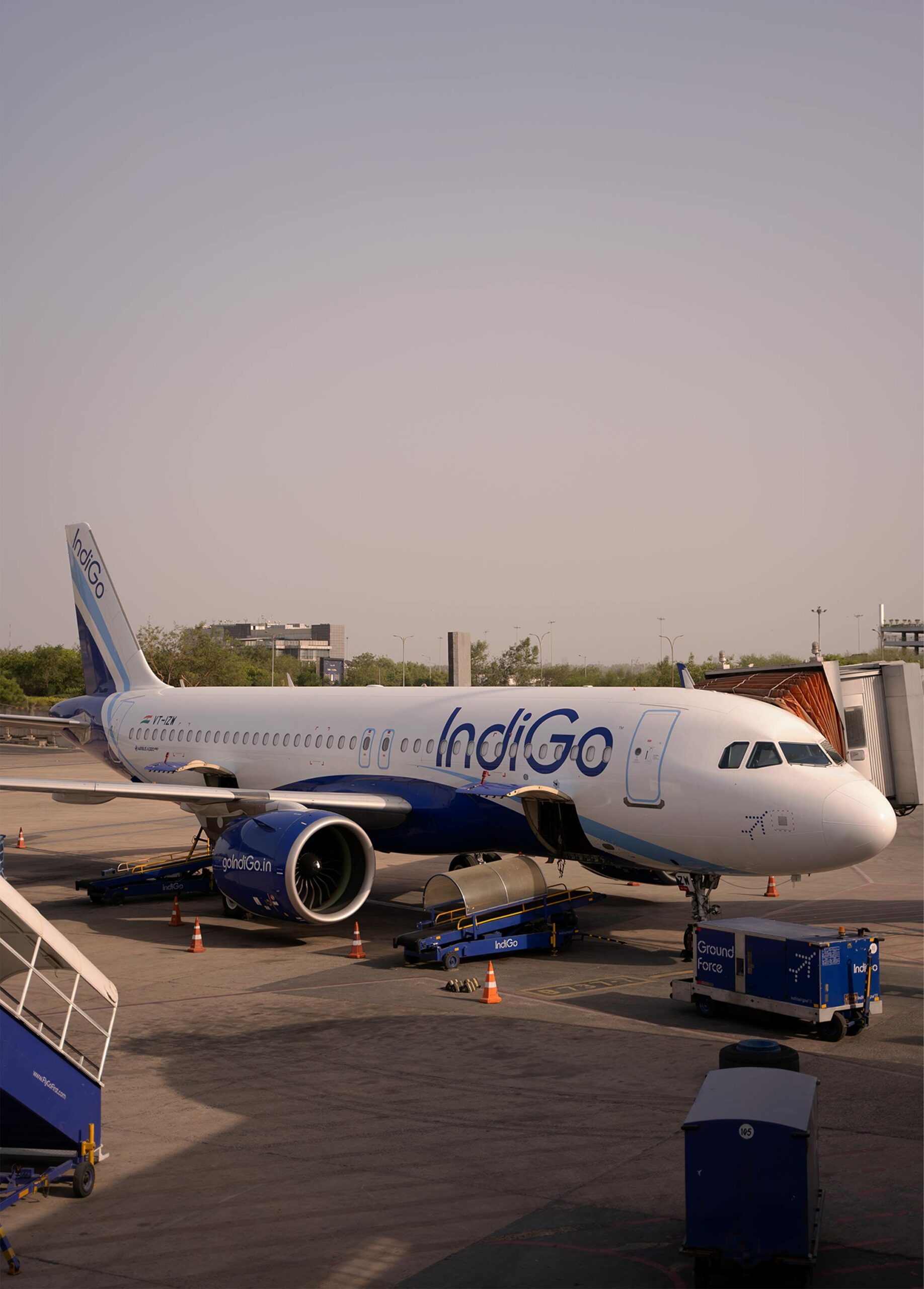

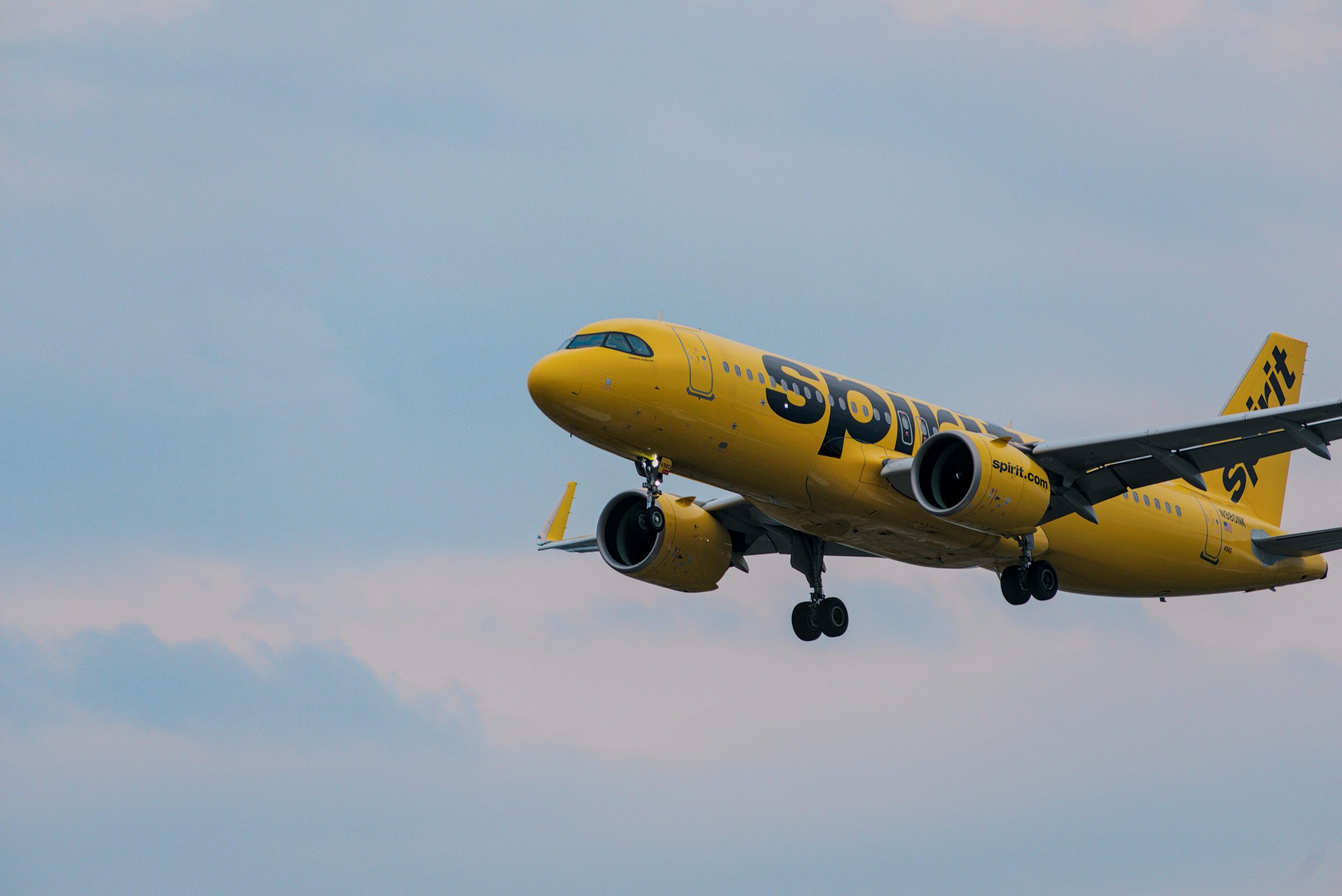
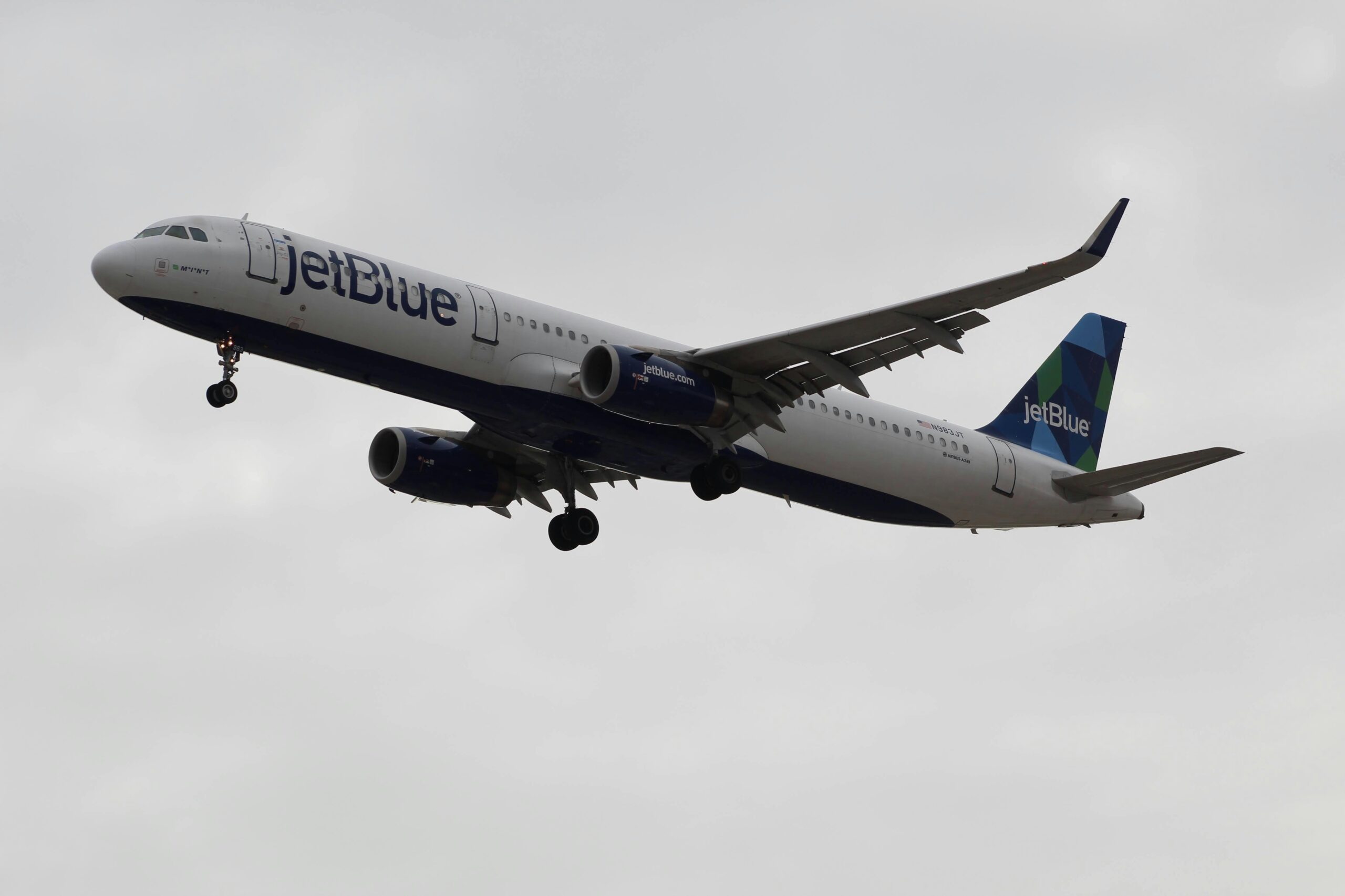
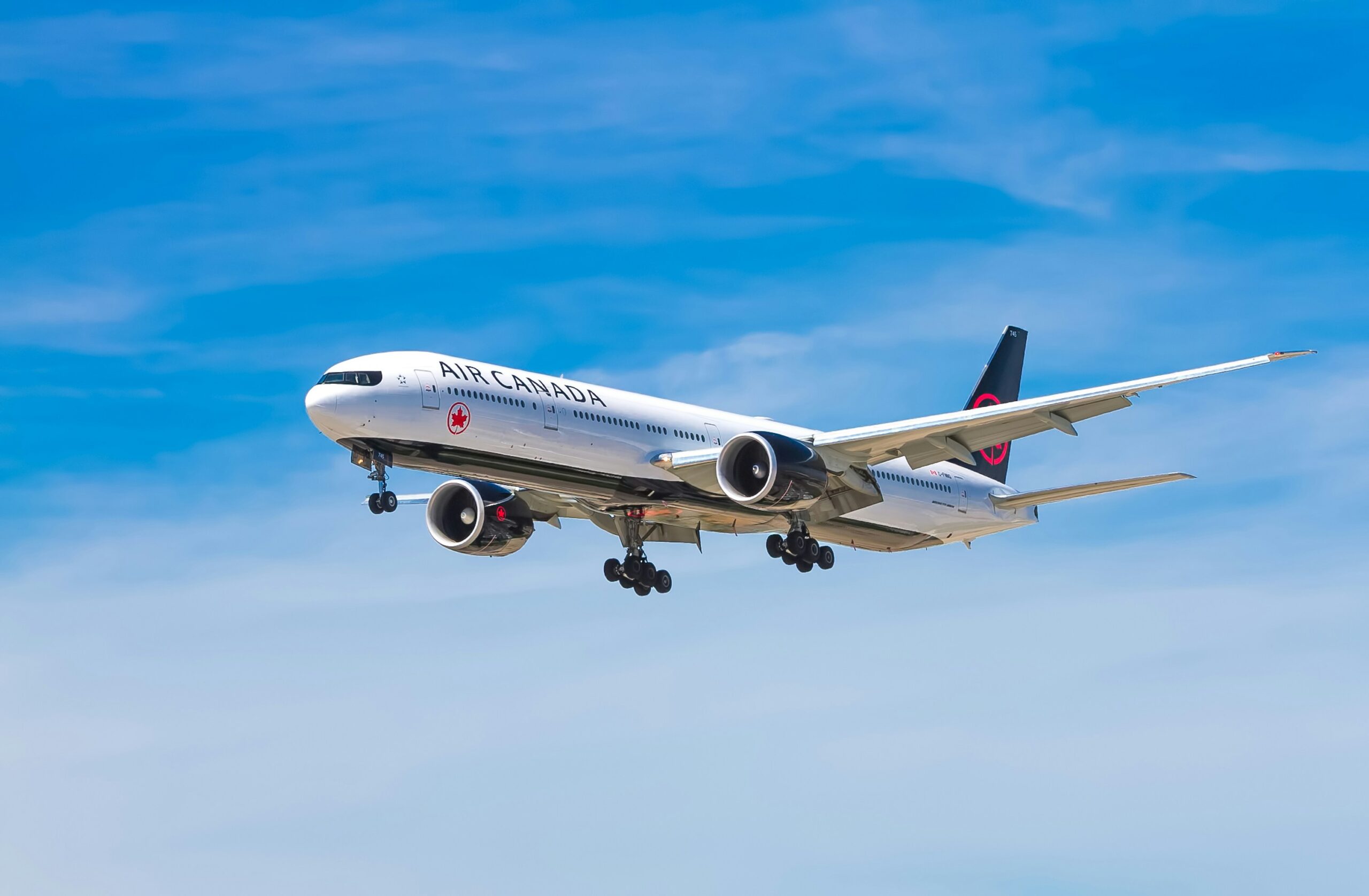
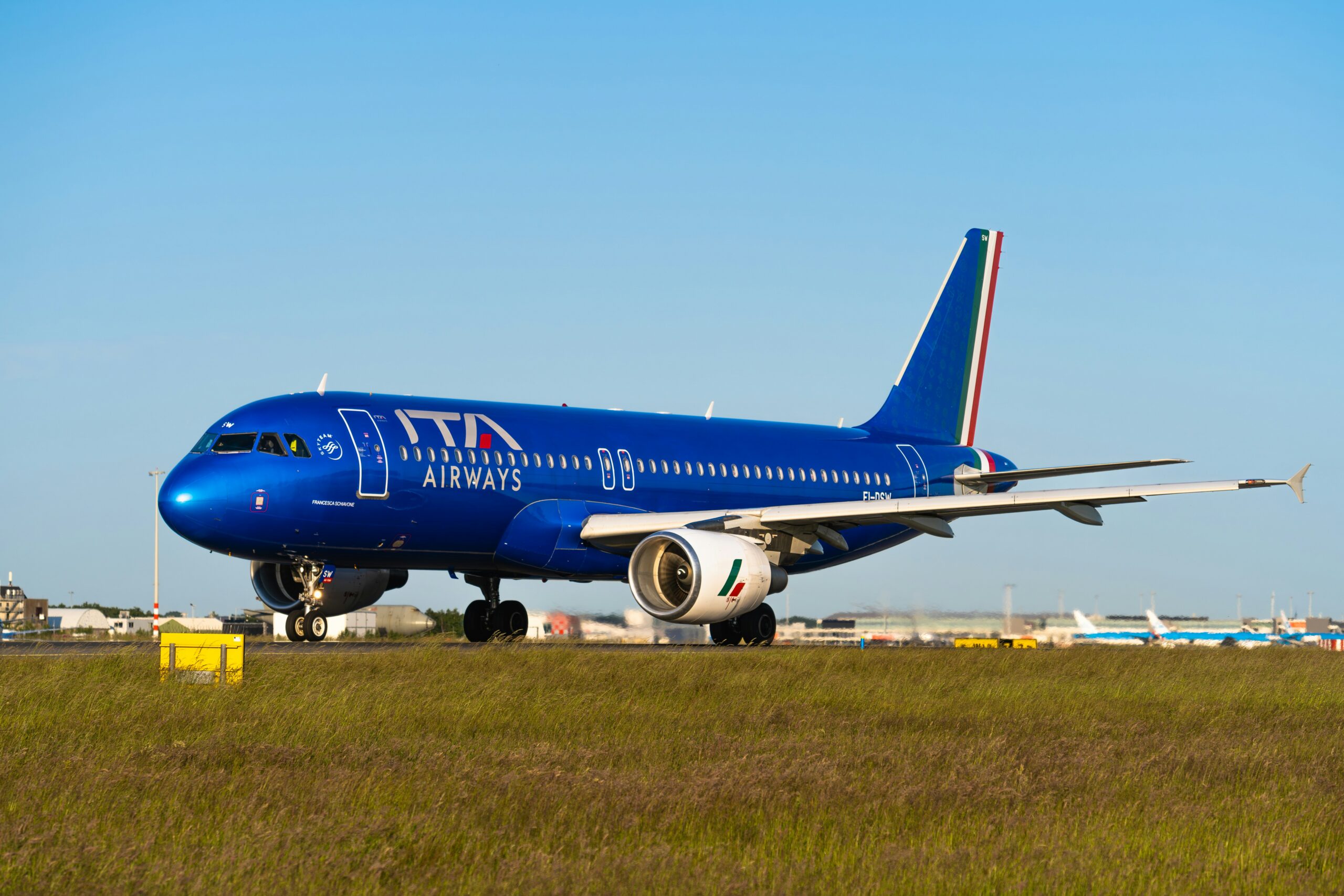




Leave a Reply